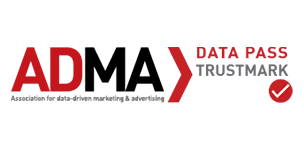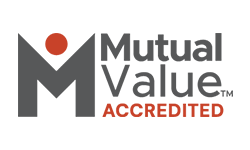Please be advised we are experiencing some delays in answering incoming calls due to high volumes. We thank you for your patience and apologise for the inconvenience.
A remote access scam occurs when a person contacts you often pretending to be a staff member from a computer or telco company, or may claim to be a technical support service provider and they inform you of a problem with your computer, internet or device. They offer to help fix the problem by providing software that can be downloaded or an app to be installed.
Remote access scammers use technical language to scare people into following their instructions. They’ll often give a fake but credible story such as your computer is sending error messages or that it’s been hacked, to trick you into giving them remote access to your computer or device. This gives the scammer full access to your computer – and personal information – from a remote location.
Once access is granted, the scammer uses it to access to your online banking and your money. They may also steal personal details or ask for a payment for ‘fixing the problem'.
Warning signs and what to look for
- Unsolicited contact, such as an unexpected call or a computer pop-up
- Requests to download or purchase software to fix the issue
- Purchase a new modem to fix your internet connection
- Requests to update your account or device with new security features
- The caller request you to log onto Online Banking or to provide personal details to verify your account activity.
How to protect yourself
- Never give an unsolicited caller remote access to your computer.
- Never give your personal, credit card or online account details over the phone unless you made the call and the phone number came from a trusted source.
- Immediately hang up if you receive a phone call about your computer and remote access is requested, even if they mention a reputable company
- If you think the caller is genuine, call them back on a number listed on their website – don’t call them on a number they give you
- Make sure your computer has up to date anti-virus software installed and run regularly.
What to do if you have been scammed
If you believe someone has gained access to your personal information, even if the scam appears unrelated to your finances, you should contact your bank immediately. A timely response can be critical in giving you the best chance to stem any loss:
- Contact us immediately (How to report fraud or scams)
- Cease all communication with the person
- Change your online banking passwords and card PIN
- Contact IDCARE on 1800 595 160. IDCARE is a free, government-funded service that provides support to victims of identity crime
- Report the scam online to Scamwatch
Lock your card
- Log into our Mobile App and select "Cards" from the Menu and select "Lock Card"
Report lost, stolen or captured card
- Please contact us immediately if your G&C Mutual Bank credit or debit card is lost, stolen or captured. Call us on 1300 364 400, 24 hours a day, 7 days a week.
- For overseas assistance, call us on +61 2 9307 5400 or contact Visa Global Customer Assistance +1 303 967 1090 (international) or the VISA International Hotline specific to the country you are in.
- Email us with the subject: URGENT lost or stolen card
- Contact us before you travel overseas so we can monitor your account more closely. You will also avoid transactions on your cards being stopped by us when we detect overseas purchases. We will need to know your departure date, return date, destination and contact details while you’re away.
- Alternatively, you can complete the Overseas Travel Form within our Mobile App.
- Read more about staying financially safe overseas to ensure your travels are memorable for all the right reasons.







